
July 2, 2022
The Middle East: Facing Major Development Challenges | ME Council
These challenges represent long-term trends that can be anticipated but cannot easily be avoided. Countries can only prepare for them.
learn more
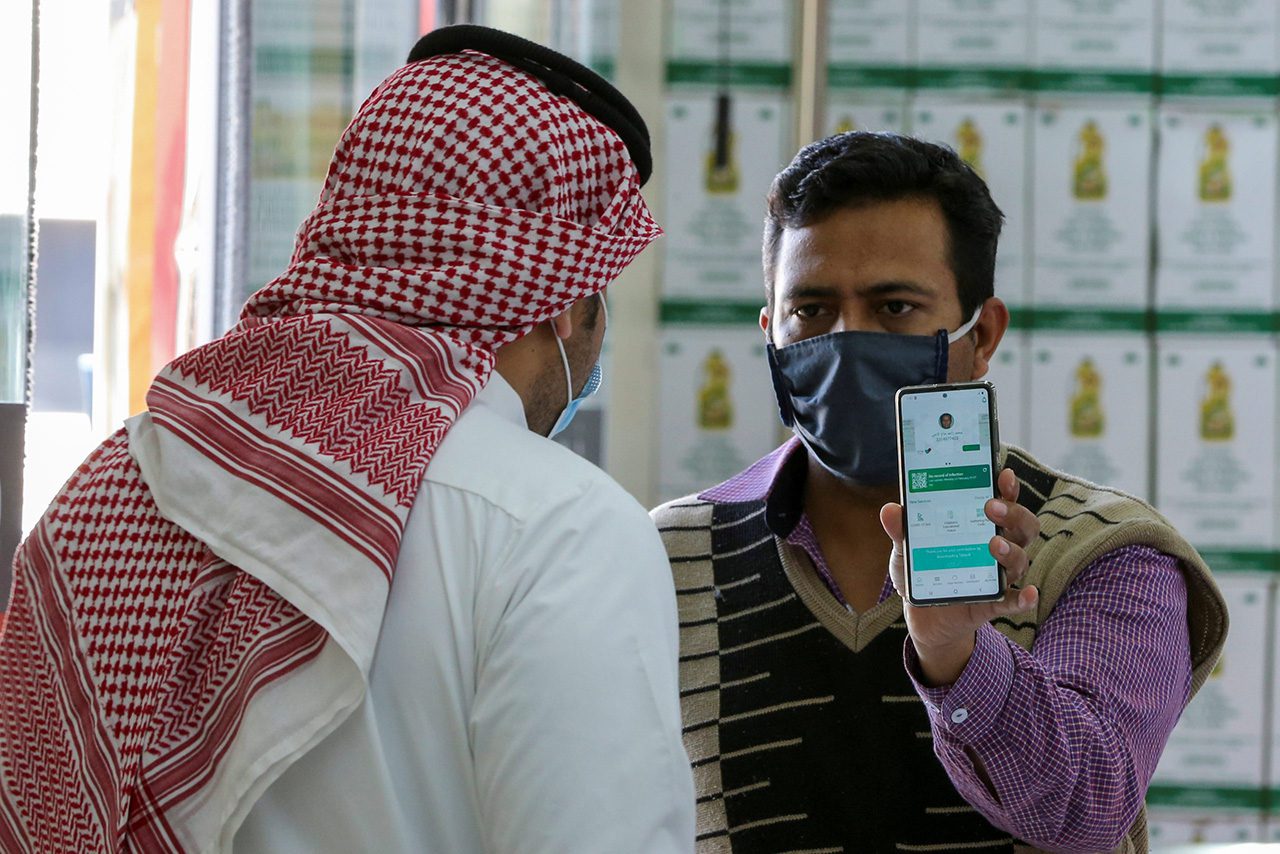
July 3, 2022
The COVID-19 Pandemic in the Gulf: Impact, Response, and Implications
Over the past decade, GCC countries have faced growing challenges ...
learn more
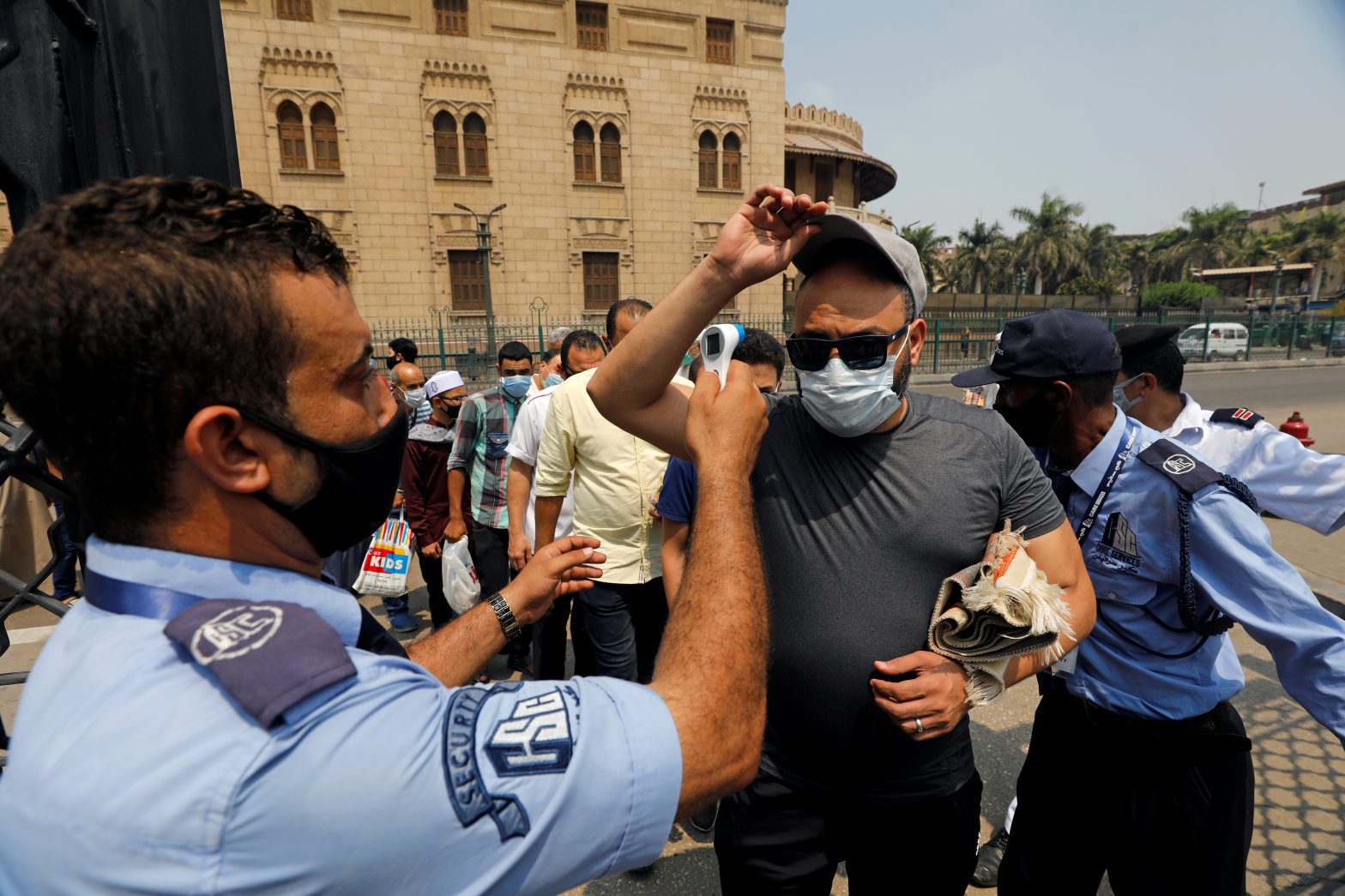
June 30, 2022
COVID-19 and Trust in Government: Can Countries Come Out Ahead?
It is possible for countries that performed well to reap benefits in terms of increased citizen trust in government
learn more

January 5, 2023
COVID-19 Deaths in the MENA region
A visualization that tracks cumulative deaths officially associated with COVID-19 in the Middle East and North Africa (MENA) countries over the 2020-2022 period on a comparable per capita basis.
learn more
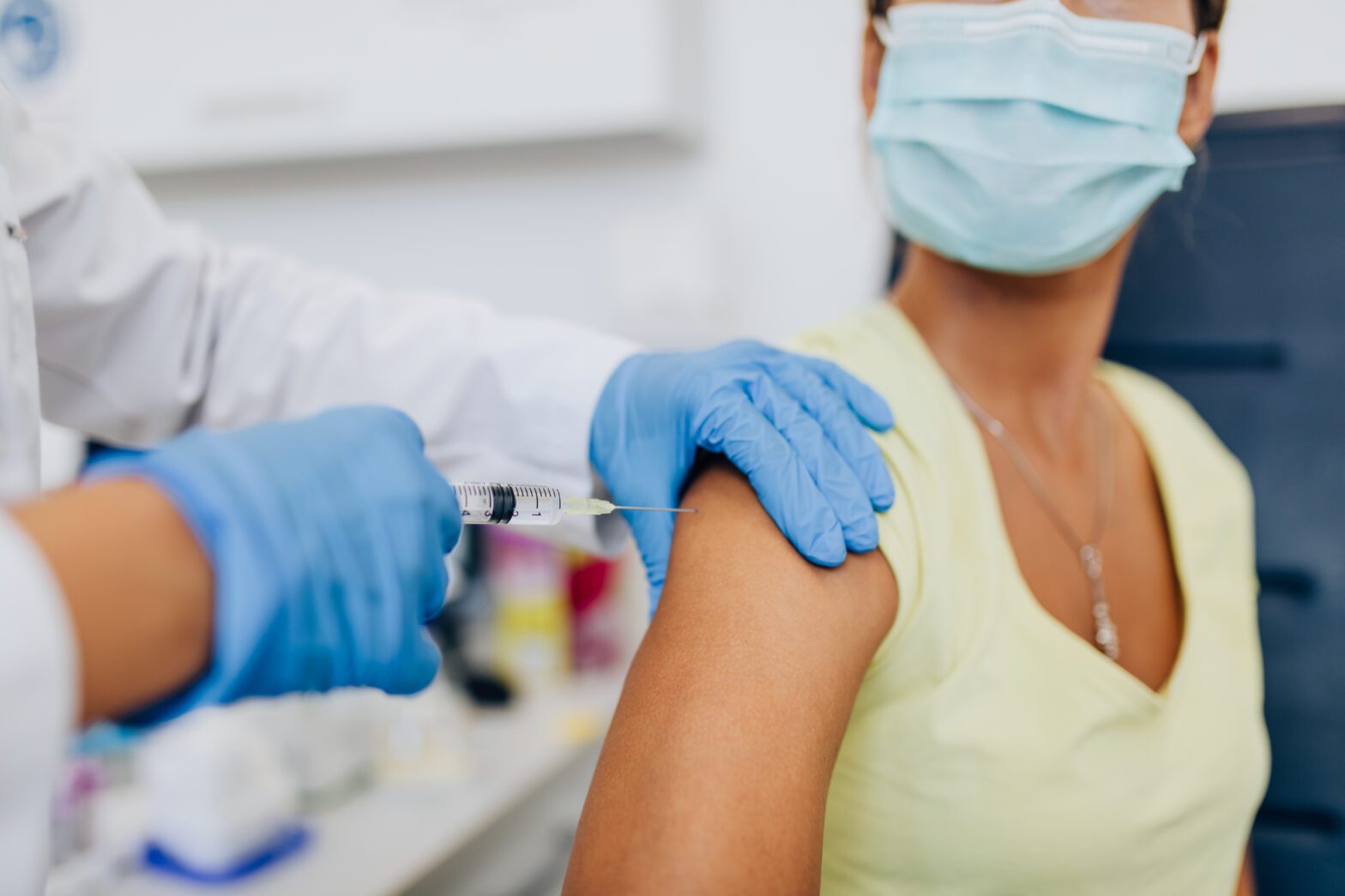
January 6, 2023
COVID-19 Vaccination Efforts in the MENA Region
As of December 2022, over 42% of MENA’s population was fully vaccinated, compared to 32.5% of the global population.
learn more
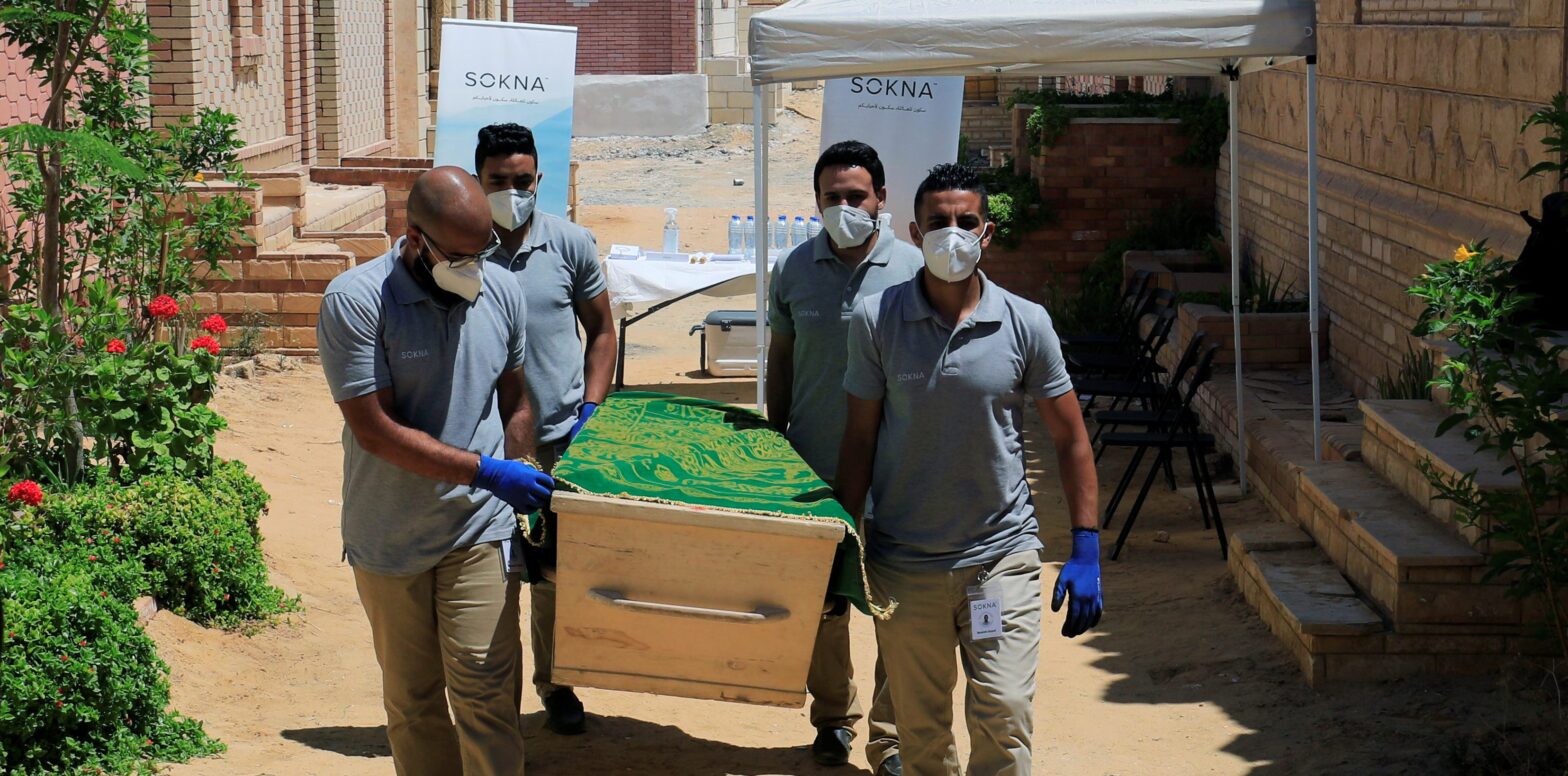
May 17, 2023
Excess Mortality and the Impact of COVID-19 in Egypt
Over the COVID-19 pandemic, Egyptian data on confirmed cases and deaths remained strikingly low, particularly given rates in neighboring countries, high comorbidities within the population, and evidence of infection among many traveling from Egypt. Despite governmental assertions of limited viral spread, COVID-19 was prevalent across the country—as it was in nearly all countries—and it had led to an uncertain number of deaths.
learn more

January 10, 2023
New COVID-19 Cases and the Stringency of Government Responses in the MENA Region
Graphs tracking the stringency of governmental public health measures against newly confirmed cases of COVID-19 in MENA countries from 2020 to 2022.
learn more
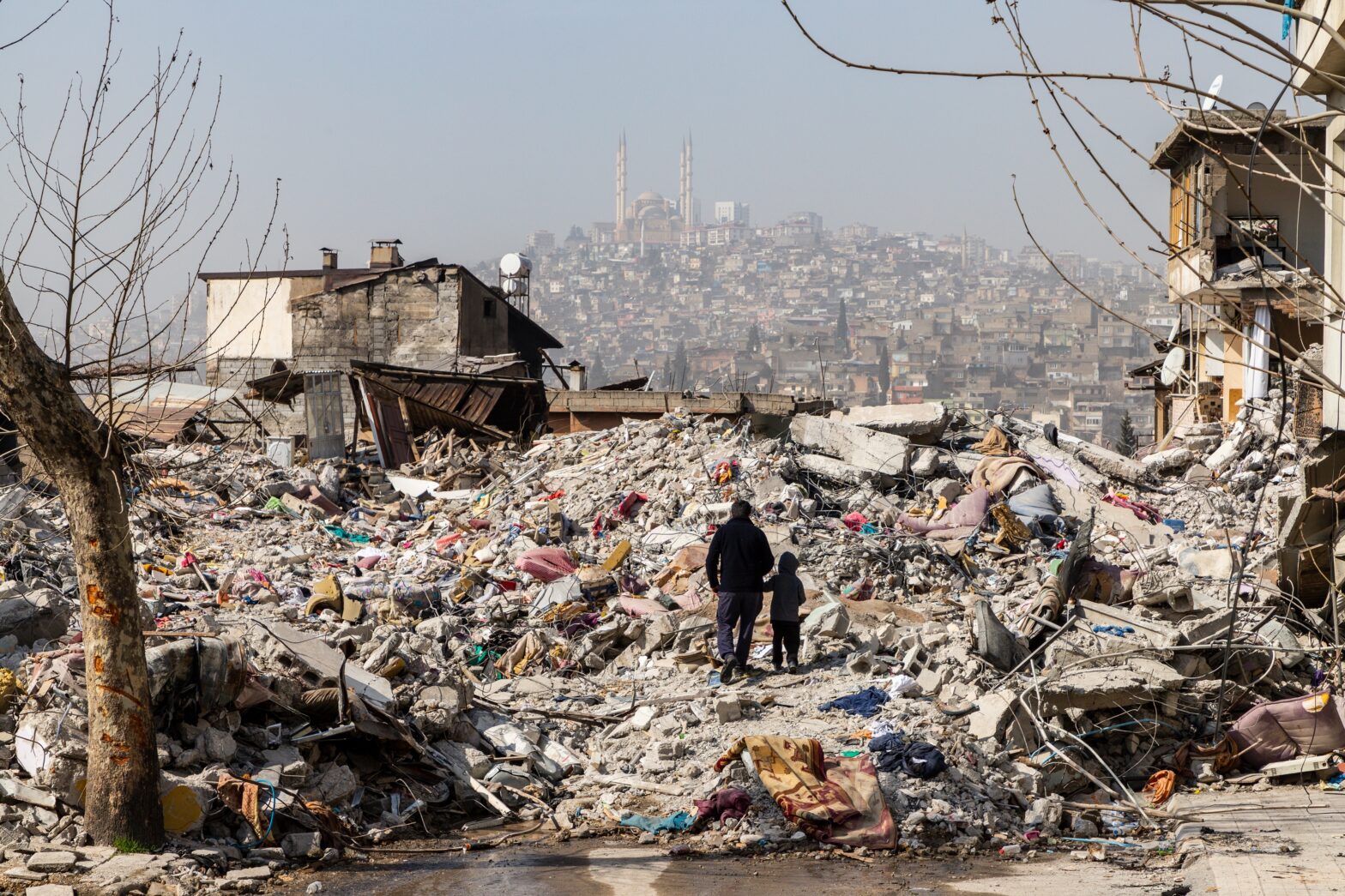
June 8, 2023
Global Financial Reintegration Key to Türkiye’s Earthquake Recovery
Türkiye’s vulnerability to earthquakes, exemplified by the earthquakes of 1999 in Izmit and recently in Anatolia, highlights the urgency for improved earthquake resilience. Despite efforts to upgrade housing stock, a significant portion of the country’s buildings remain vulnerable.
learn more
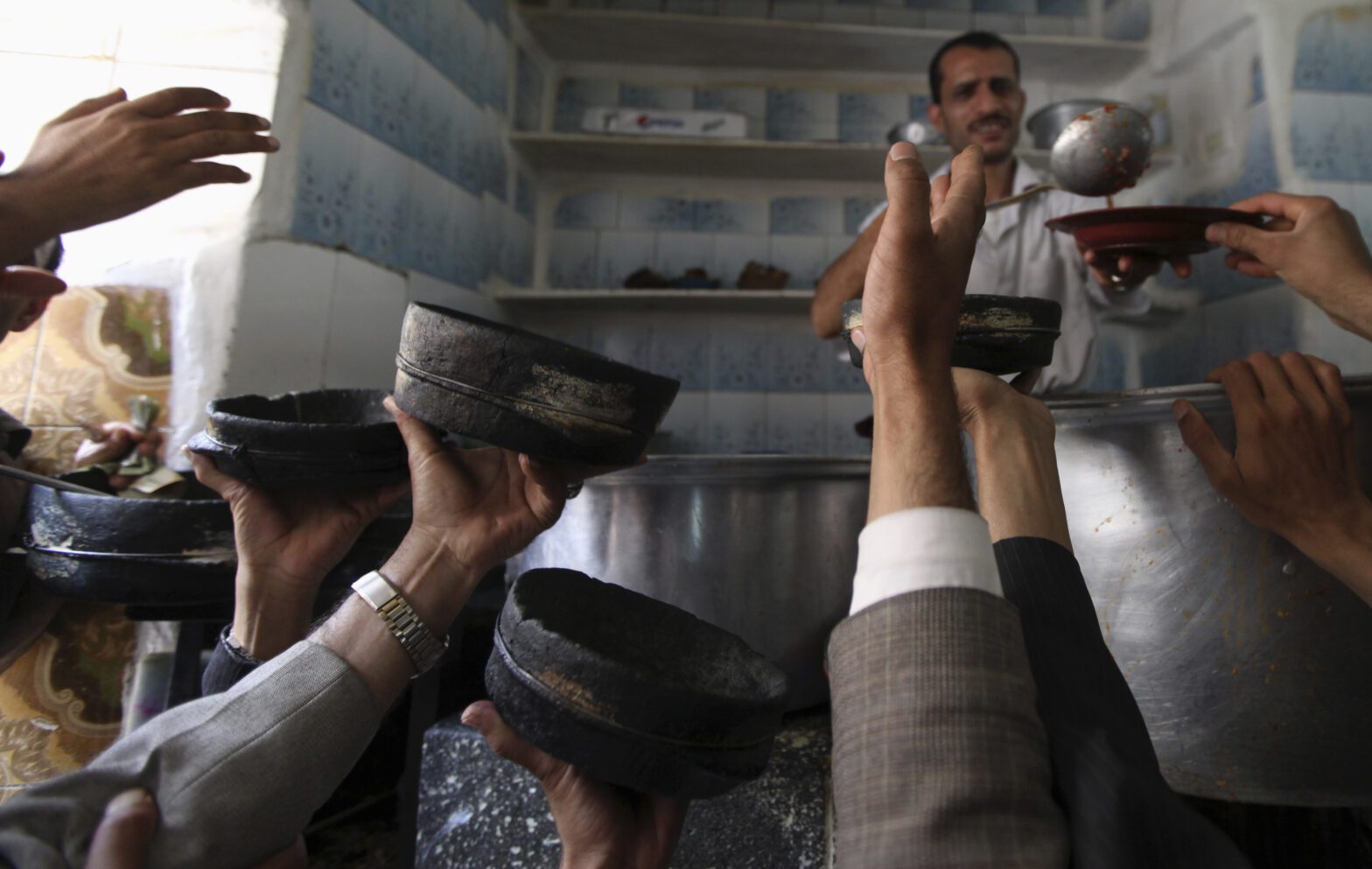
February 28, 2023
Food Insecurity in the Middle East and North Africa
Discover the Causes of Food Insecurity in the Middle East and North Africa, along with Solutions to Achieve Food Security and Increase Agricultural Production.
learn more
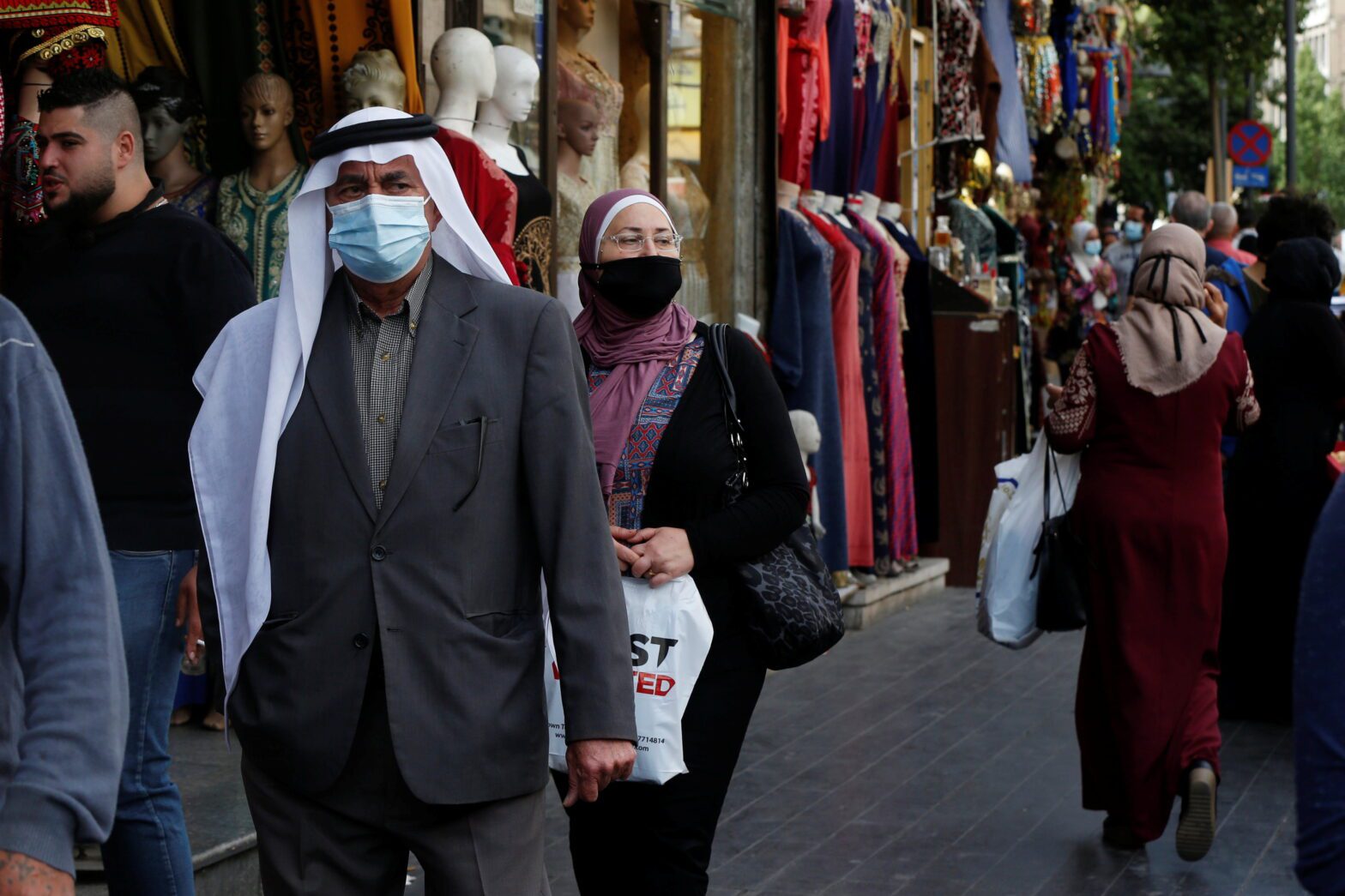
January 14, 2023
The Incidence of COVID-19 in the MENA Region
This graph tracks cumulative confirmed cases of COVID-19 relative to the total population in MENA countries between March 2020 and December 2022.
learn more

April 30, 2023
Voice, Accountability, and Economic Growth in the MENA Region
Polling data from across the Arab world suggests a growing disillusionment with democracy and its role in fostering economic development. While such disillusionment is understandable, it is not necessarily accurate. This paper reviews analytic work and empirical data on governance, economic growth, foreign direct investment, and export diversification in an effort to understand whether metrics of “voice and accountability” (which are often used as proxies for democratic development) are correlated with higher levels of economic growth and performance.
learn more

March 28, 2023
Women of the Gulf Break Labor Market Barriers: A Journey in Progress
Women nationals in the six countries of the Gulf Cooperation Council (GCC) have made remarkable progress in terms of educational attainment and labor force participation. GCC countries now lead the Middle East and North Africa (MENA) region in terms of female employment among nationals (i.e., citizens). The rapid improvement in female economic participation in the Gulf has propelled them to the forefront of women’s economic empowerment in the MENA region. This goes against persistent historical narratives that depict the Gulf states as outliers in terms of repression of women’s economic, social, and political freedoms.
learn more












